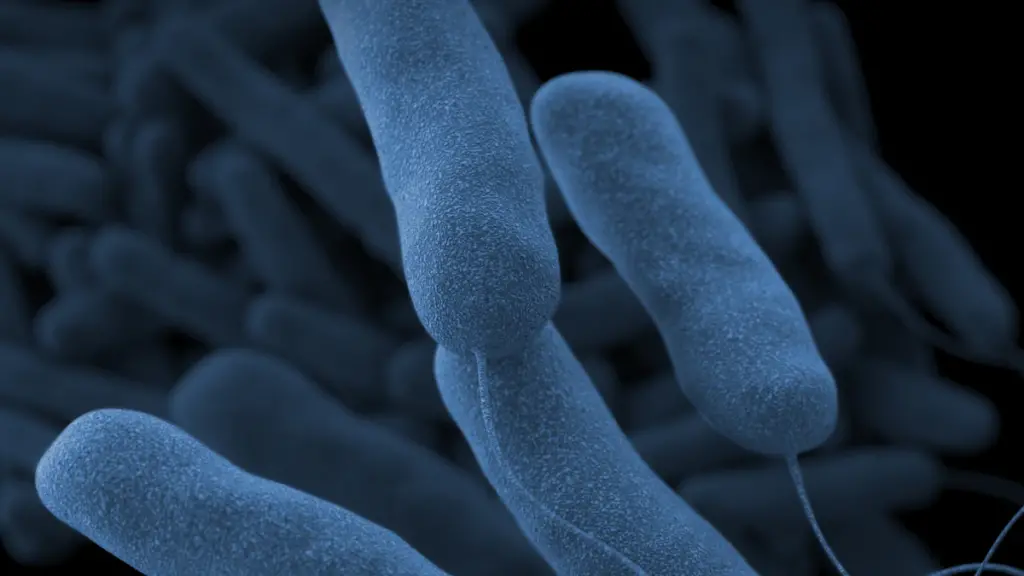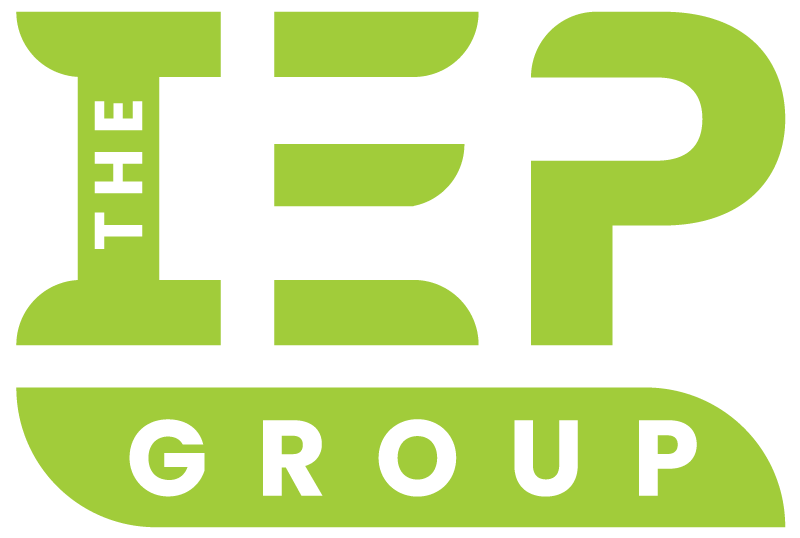In May of 2024, the Government Services Administration (GSA) began requiring drinking water quality assessments in all GSA federally leased spaces. According to their listed scope of work, “water testing must be performed in GSA leased space and all common areas to which GSA tenants and its visitors have access and would reasonably expect to use.” Specifically, the protocol requires testing of potable water systems for the presence of total coliforms and E. coli, determining the concentrations of lead and copper in the drinking water and performing analysis for legionella, the bacteria which causes Legionnaires disease. Sampling is expected to occur following a regular business day, not typically on a Monday or following a holiday. Water systems are to remain out of use for at least 8 hours prior to sampling and ideally no longer than 18 hours. The GSA regulation requires lead levels to be below 15 µg/L and copper to be below 1,300 µg/L. No total coliforms or E. coli are to be present in any of the potable water sources and Legionella must be below 1 CFU/L. If any of the samples are above the tolerable limits, the lessor must remove the water source from service, post signage indicating it is out of use and notify tenants of the sample results. The positive results should promptly be sent to the GSA water program administrator at wa**********@*sa.gov. As soon as feasible, the lessor should start remediation procedures in accordance with industry standard response actions and retest the impacted fixtures once remediation has occurred. This shall ensure that corrective actions have been effective in controlling the hazard before returning the outlet back into service.
If you need testing or simply have questions regarding the GSA water testing requirements, give The IEP Group a call at (859) 940-3466. We will be happy to assist you in your water testing needs throughout KY, IN, OH, WV and TN.
Water quality management: Fact sheet | GSA

Image from CDC: Legionella (Legionnaires’ Disease and Pontiac Fever) | Legionella | CDC
Regarding Legionnaires’ disease, see also: Legionnaires’ Disease (cdc.gov)
